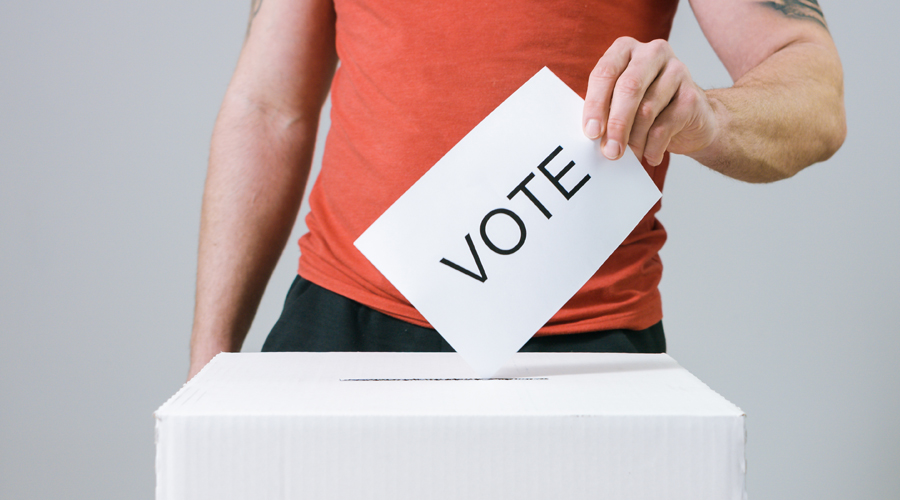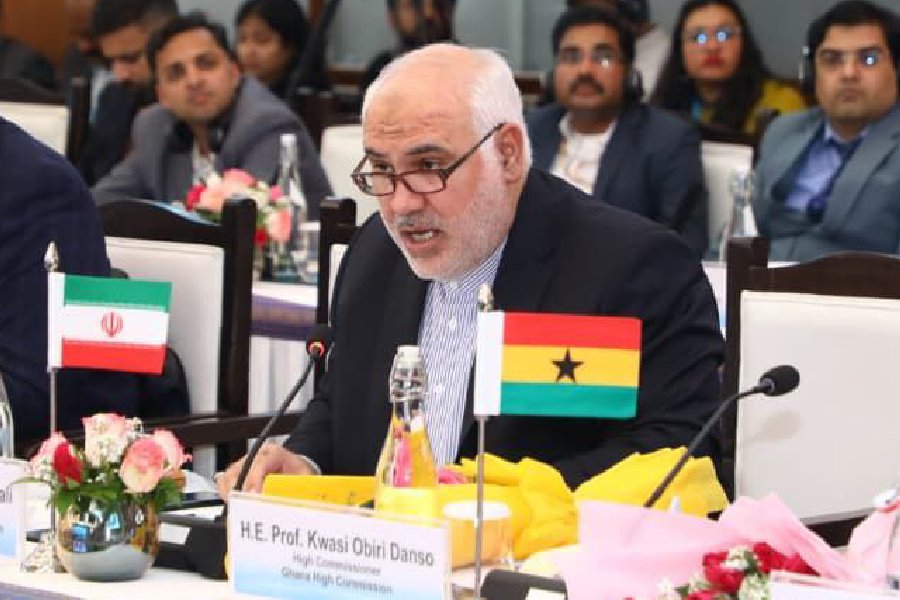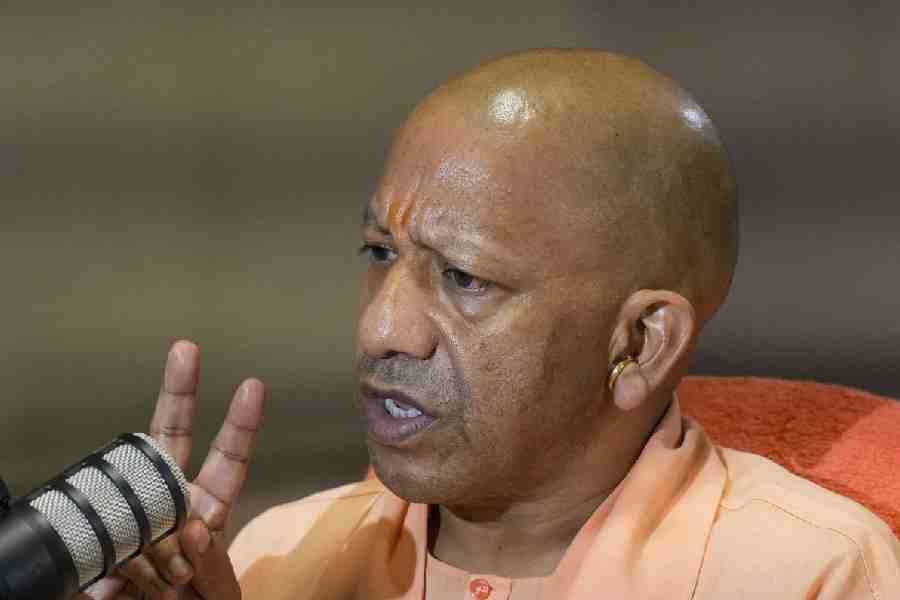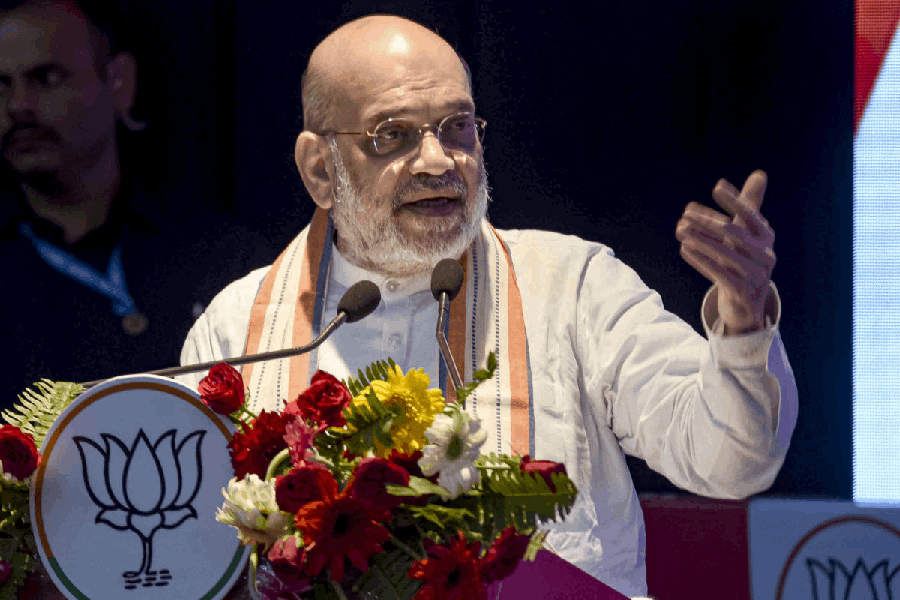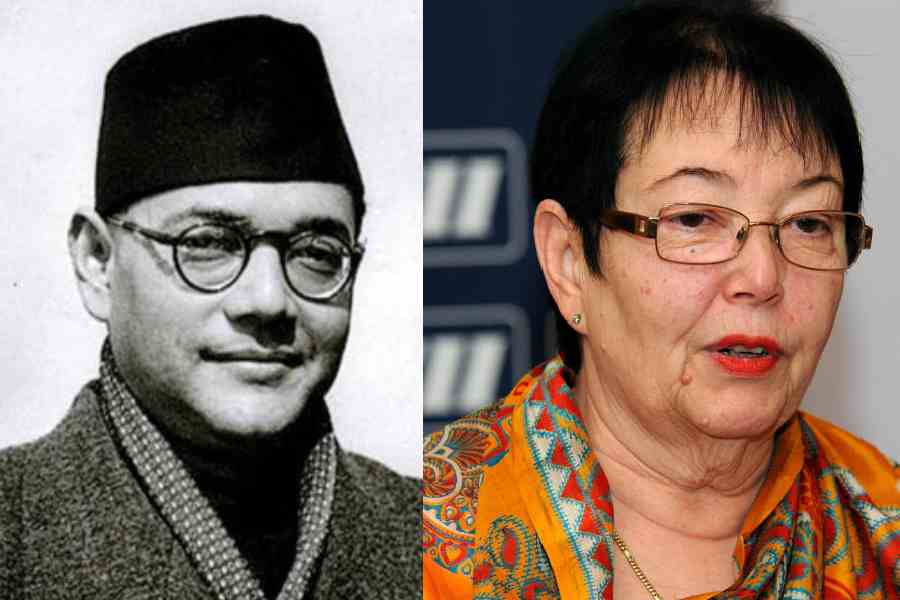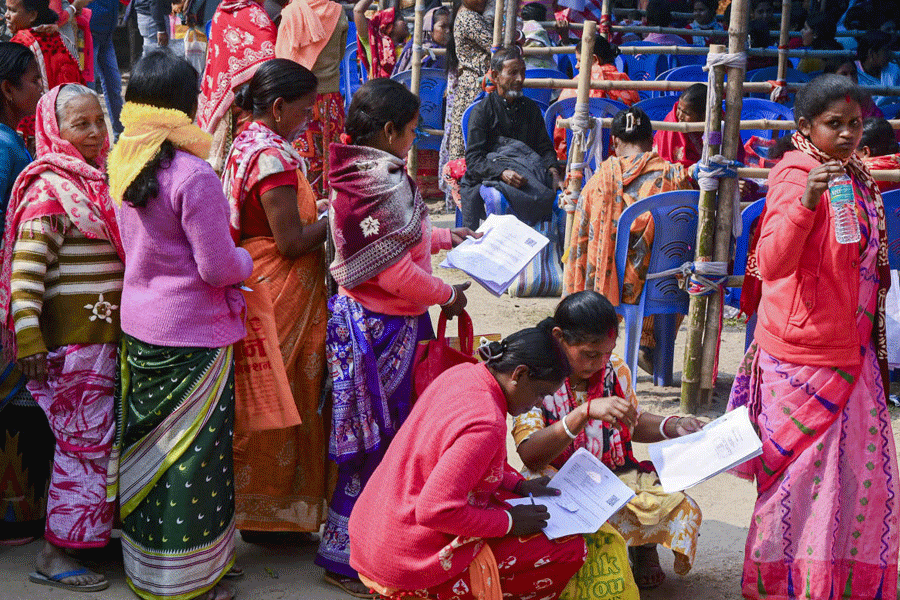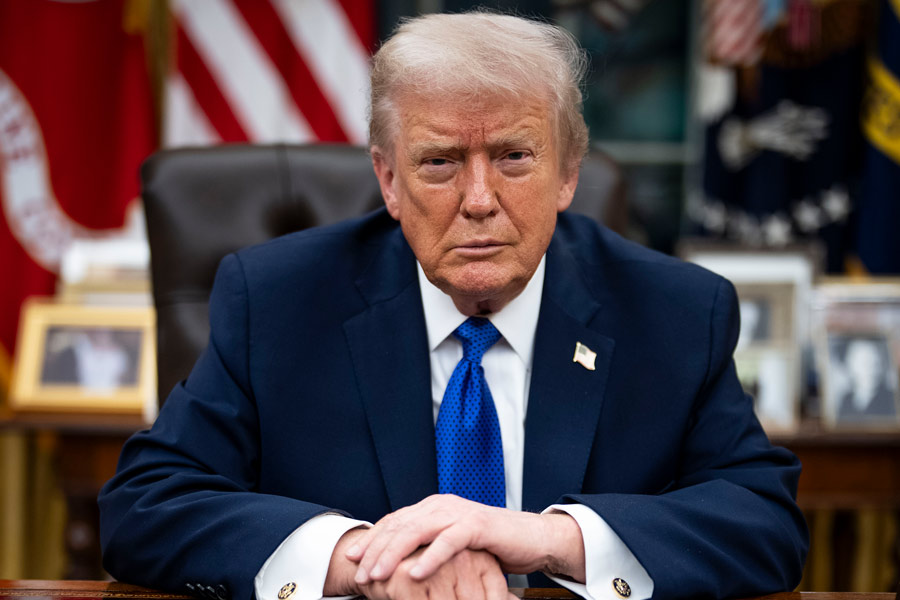Democratic elections are often viewed as referendums on the performance of the incumbent. The results of Uttar Pradesh’s assembly election represent more than that: they serve as a weathervane for Indian society. The Bharatiya Janata Party’s runaway win marks the second time in three years that the party has returned to power by increasing its vote share, a rarity in politics. It gained support in the 2019 Lok Sabha elections compared to 2014. By increasing its vote base in India’s most populous state by 2 per cent compared to 2017 — even though it has won fewer seats this time — the country’s most dominant political force in half a century has underscored that it is still on the rise. Analysed using traditional metrics of voter behaviour, this can appear surprising. Joblessness has increased in Uttar Pradesh, with its employment rate falling, according to recent data. The horrors of the second wave of Covid-19, amplified by the mismanagement of that crisis by the Narendra Modi government in New Delhi and the Yogi Adityanath administration in Uttar Pradesh, are less than a year old. It is unlikely that people have forgotten the apocalyptic scenes of bodies floating down the Ganga.
Yet, the stunning victory of the BJP is in keeping with growing evidence that Indian voting patterns are no longer determined by factors that have in the past been seen as decisive. The ruling party likes to insist that Mr Modi has helped it build a coalition of voters that is caste agnostic. If this support base also appears impervious to poor performance on social and economic indicators, that is reflective of a deeper faith in the BJP’s brand of politics. Muscular nationalism that also translates into tough law-and-order talk is a winner, while soothing words and a soft touch are signs of weakness. The construction of a temple and religious corridors is the promise that matters the most; an improved quality of life can wait. This result hammers another nail in the coffin of India’s secular credentials, with leaders like Mr Adityanath being rewarded for treating religious minorities as lesser citizens. Ahead of the 2024 Lok Sabha elections, this vote also propels the Uttar Pradesh chief minister to the front row of contenders for the BJP’s future leadership. To be sure, much can change in two years. But there is one thing that likely won’t: the BJP’s electoral hunger and its desire to shape India in its mould.

